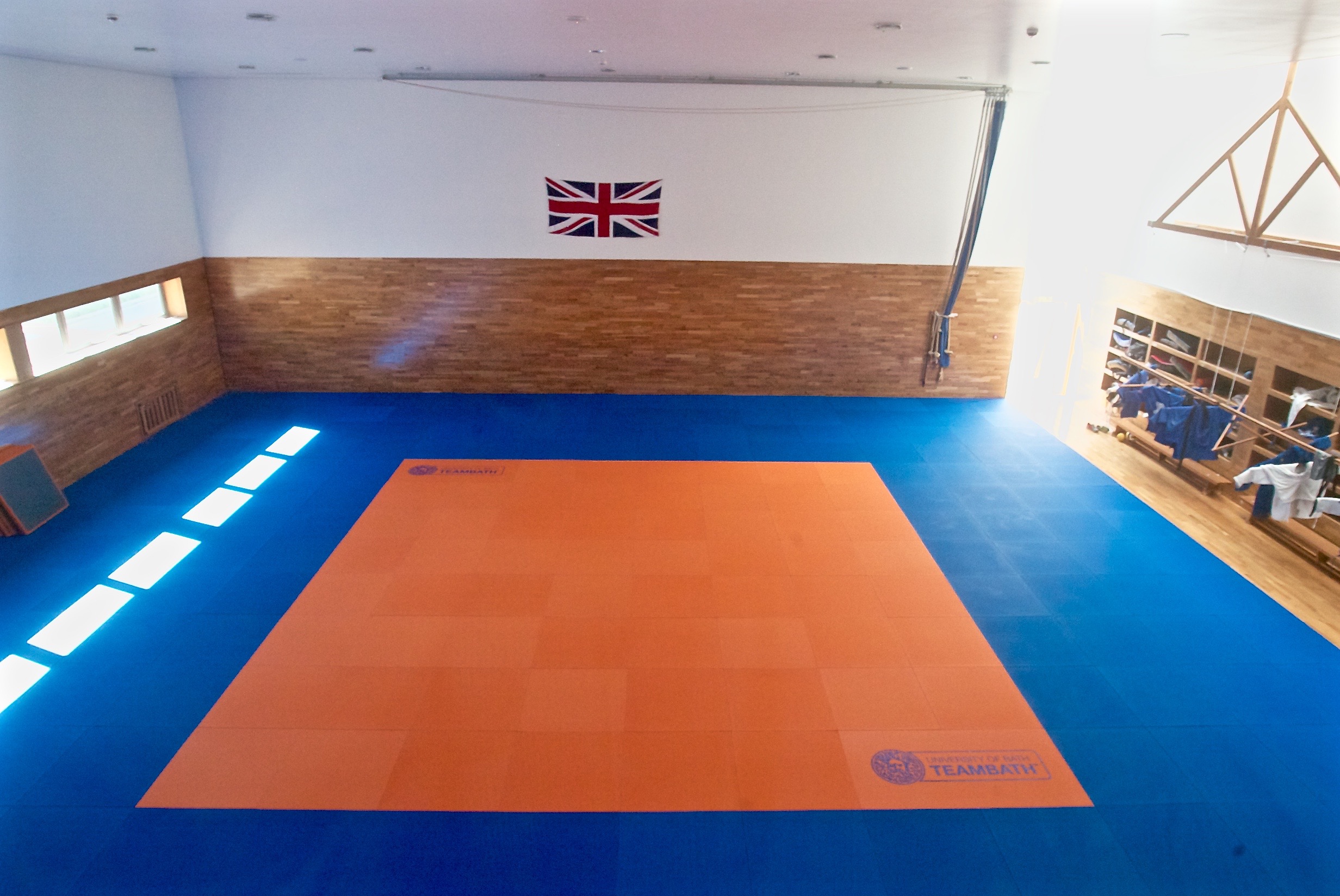
The United States was the first country to offer self-defense training for women. This was after suffragettes started to be subjected to brutal police force and physical assaults. While some suffragettes primarily cared about their physical safety and empowerment, others were interested in the political implications. This is evident in cartoons that reveal the anxieties of suffragette about the possibility militant suffrage.
Lessons learned from the struggle for the right of vote
The fight for women's rights to self-defense in the early 20th century debunked patriarchal myths and established a new image that represented strong and independent women. This movement was a symbol of feminist politics, and it was echoed throughout twentieth-century. But, how did women gain the right to defend themselves? The author offers several lessons learned from the fight. Wendy L. Rouse writes in this book about the origins of the women’s self-defense movement.
The struggle for women's suffrage paralleled the fight for self-defense. England was home to a lot of police violence against women suffragists. They turned to martial art as a way to defend themselves. At the same time, American women were pursuing their college degrees and were unafraid to show off their physical prowess.

Origins of the movement
Women's self defense dates back to the beginning of the 20th century when feminists began to gather to demand better rights. They campaigned for the right to vote, the right to own property, and to be educated on issues affecting women. Although most women are aware of these movements, they did not start during a progressive period. These efforts are what led to women's self-defense training.
White women were the majority of the first feminists to enter self-defense. These women were encouraged in self-defense training to support their social standing as well as careers outside of the home. These classes doubled as consciousness-raising sessions. Also, by learning self defense tactics, white women were able break down preconceptions concerning the female body’s fragility. These women then taught these techniques to working class women.
Self-defense skills have many benefits
One of the most important benefits of learning women's self-defense skills is the increased confidence it brings. Women can be protected in many different situations by learning self-defense. Women who can defend themselves in a variety of situations will feel more confident and more able face unwelcome attention. They will feel happier about themselves. In addition, learning these techniques can help women stay safer while out and about. It is important to learn self-defense skills for women.
Although self-defense training is not something many women want to invest in, there are many benefits. Not only can self-defense help women avoid dangerous situations, but it can also teach young girls and women how to defend themselves. Self-defense training for women can make a huge difference in the lives of hundreds or even thousands of women and empower young girls. Learning self-defense skills in women's can help break the cycle for violence and abuse within the household, community, or neighborhood.

Misconceptions about women's self-defense
The most common misconceptions about women's self-defense are related to their appearance and the ways they defend themselves. Although women are not natural fighters, they can throw a mean punch with proper training. They should not bounce around like boxers who must constantly change their weight in order to land their punches. Many women who take self-defense classes use kickboxing or other sports techniques to defend themselves.
It is often overlooked how important empowerment-based self-defense training for women has been. It has been associated with significant drops in victimization rates. Holly Maguigan said that empowerment-based training in self-defense is effective in reducing violence against females. Effective strategies can help women protect themselves from attack, even from those who are more aggressive than they are.
FAQ
What are some of the benefits of learning martial arts?
Martial arts training can help you acquire skills that you can use in all situations. You'll be stronger and more agile. In addition, they teach you how to deal with different types of attacks.
They also improve your confidence level. Your confidence level will increase and you will be less stressed if you feel safe.
They are also beneficial for health reasons. Regular exercise is proven to improve your physical condition.
What does a stungun do to an attacker
A stun gun uses electric current to incapacitate someone. The electricity causes muscle contractions, which stop them from moving. This renders them unable fight back.
Stun guns work best when applied to the neck or head.
The most common use of a stungun is to shoot at the victim's body parts until they become unconscious.
Some stun guns also emit high-pitched sounds to scare attackers. These stun guns can be called TASERs.
Which place is best for self-defense training?
In your own backyard, self-defense is best. But if you don’t have the space to practice, you can always go elsewhere.
You can practice in a parking garage, in a park or in your living room. It's important to keep your eyes on the road and pay attention to your surroundings.
You shouldn't practice alone. This can be dangerous. Always practice with a partner.
How do you stay safe if your body isn't able to defend yourself?
If you're not physically capable of protecting yourself against an attacker, you should look for someone who is.
It may be necessary to ask for help. You might need to call 911. You could also die if you do not take action.
Contact your local shelter for victims of domestic violence. Many shelters offer safety planning classes for women to learn how to protect their own safety.
How long does it take for a stungun to recharge?
This can vary depending on what type of battery you have.
For example, AAA batteries can take as long as 8 hours to charge, while AA batteries can take just 2 hours.
What are some quick self-defense moves you can do?
Self-defense techniques can include kicks and punches as well as elbows, knees, knees and headbutts. You might also consider grappling like judo or jujitsu and karate, as well as taekwondo.
To protect yourself from an attacker trying to harm you, self defense techniques can be used.
They can also help someone defend themselves from an attack.
But there are many methods to self-defense. Decide which one is best for you.
Is it legal to give a stungun to a child.
It depends on the age of the child.
Below 18: No.
Yes, 18-years-old and over
You must make sure that minors understand the risks of having a stun gun.
They should only use it with adult supervision.
Statistics
- Saying this, Self defense 101 would be the importance of situational awareness, which can never be replaced by the finest of martial arts, because it is this that would help you to avoid any likely attacks in the first place. (worldofselfdefense.com)
- Some people walk into a gym thinking they are going to become the best by training whenever they like and not putting 100% effort in. (budodragon.com)
- In a January 2018 survey of 1,000 women nationwide, 81 percent reported experiencing some form of sexual harassment, assault, or both in their lifetime. (healthline.com)
- Verbal harassment was the most common form, but 51 percent of women said they were touched or groped in an unwelcome way, while 27 percent of women survived sexual assault. (healthline.com)
External Links
How To
How to Survive a Home Invasion
Home invasion is frightening, especially if you have children. When we began our home security system installation journey, we didn't realize we'd live through it ourselves. Here's what we've discovered so far.
-
Don't Let Your Kids See The Attackers. Two men entered our home while our children were asleep upstairs. We kept them downstairs until the police arrived. Our children were not hurt but the experience was enough for them to be traumatized.
-
Lock Up All Valuables. In our bedroom, we keep valuables safe. Even if someone breaks in to the house, they won’t even be able get it.
-
Keep an eye out for burglars. We live in a neighbourhood that is notorious for burglaries. We always keep an eye out for suspicious vehicles and people.
-
Have a Backup Plan. If anything happens to us, our family will be taken care of financially. We also have a plan in place to leave the country if necessary.
-
Be Prepared. You must be prepared if you find yourself in a position where you have to defend your life. Be prepared with food, water, as well as other supplies.
-
Get help immediately by calling 911. Call 911 immediately if you suspect that someone has broken into the house. It is better to call 911 immediately than wait for the authorities to come to your house.
-
Use Common Sense. Do not let anyone enter your home if you don't feel at home. Don't invite strangers over.
-
You can get help from nearby neighbors and people who live in the same area. If you feel unsafe, contact your friends and neighbors. They can be there to help you while you call 911.
-
Keep calm and do what is instructed by police officers. Be calm and do what officers tell you to. Do not flee or resist arrest
-
Photograph Any Evidence. Photograph all evidence you find during the investigation. This includes fingerprints, blood samples and other items.
-
File A Report With Local Law Enforcement. Report to law enforcement, even if there was no injury. This could help prevent you from being convicted of future crimes.
-
Call the Insurance Company immediately. Your insurance company should be contacted immediately. Tell them everything that happened and ask for an adjuster to come out to assess the damage.
-
You must get rid of personal belongings. You should get rid of all personal belongings. Don't wear expensive jewelry. Take it off and put it away.
-
You must take good care of yourself. Take care of yourself. Make sure you empty the trash, clean up any broken glass, and lock all doors.
-
Do not talk about what happened. Don't talk about anyone's past. You never know who could use this information against your later.